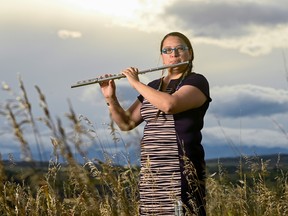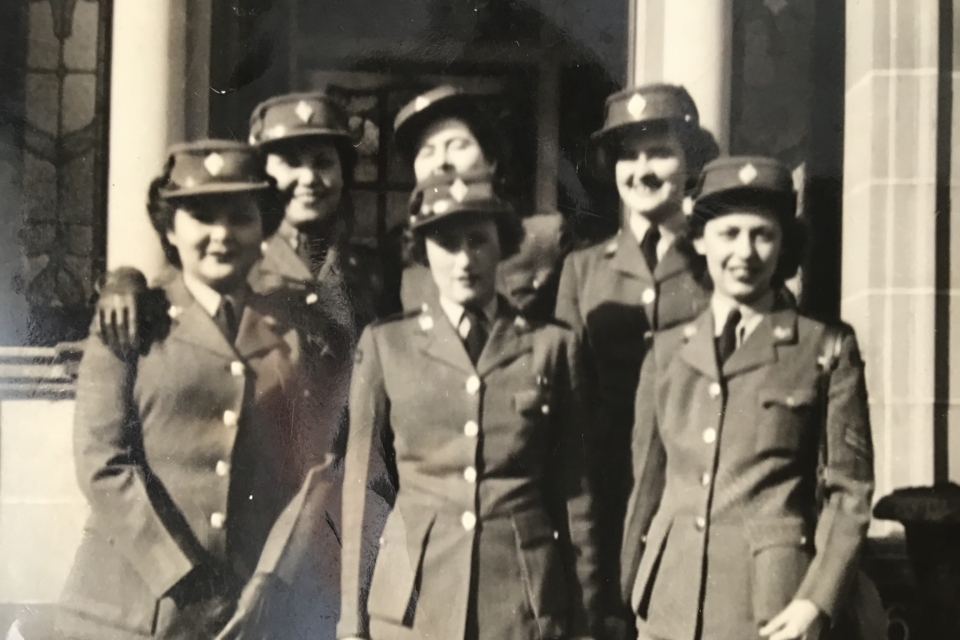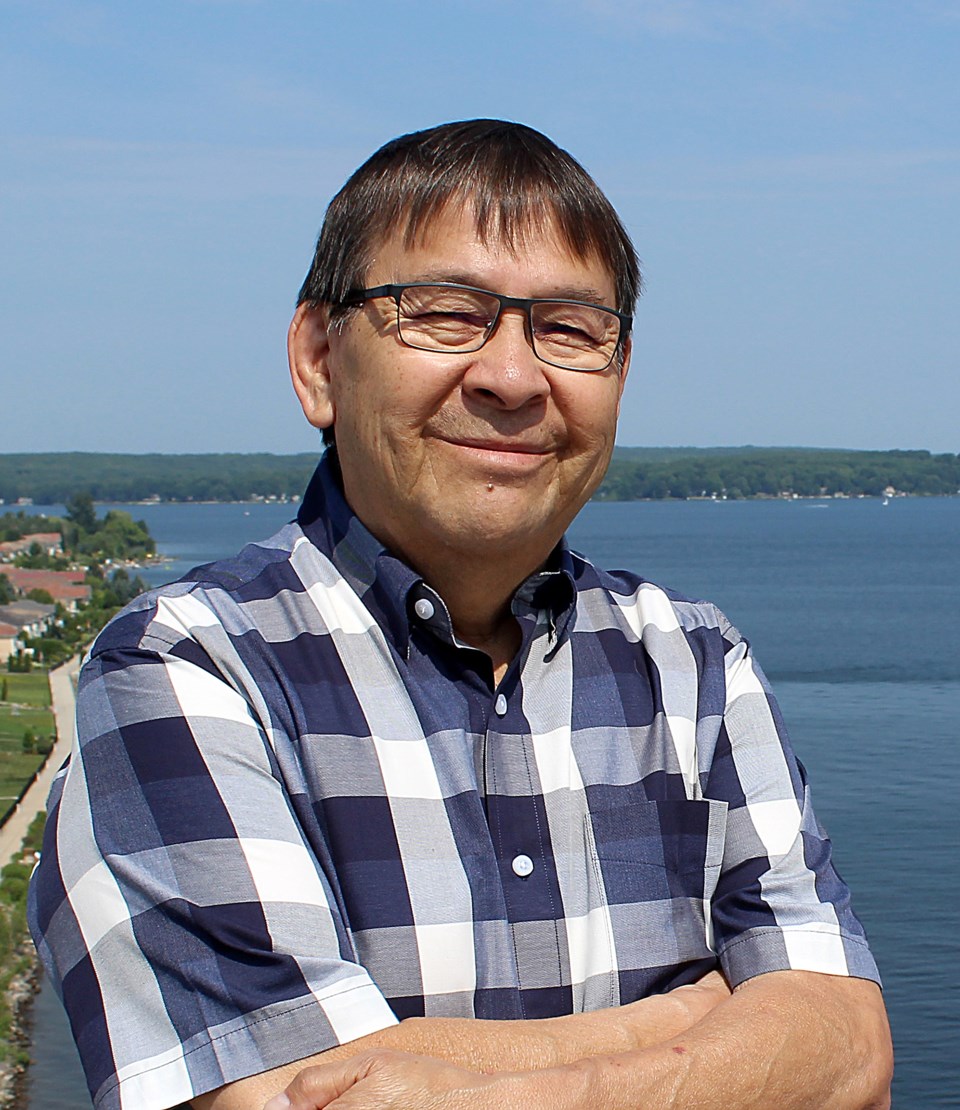By Trace L Hentz (blog editor and adoptee)
Part 2: Adoption Awareness Month: Orphan Trauma I didn't know
or·phan
(ôr f
f n)
n)
Deprived
of parents. Intended for orphans: an
orphan home. Lacking support,
supervision, or care. Affecting so few people that the development
of treatment is neglected or abandoned for being unprofitable: an
orphan disease. ETYMOLOGY:
Middle English, from Late
Latin orphanus,
from Greek orphanos,
orphaned
trau·ma
(trô m
m ,
trou
,
trou -)
-)
A
serious injury or shock to the body, as from violence or an accident.
An emotional wound or shock that creates substantial, lasting damage
to the psychological development of a person, often leading to
neurosis. An event or situation that causes great distress and
disruption. ETYMOLOGY:
Greek
“My
problem is secrecy. I believe that perpetually secret adoptions
assure un-accountability and lack of transparency. And secret
adoptions are only the tip of the iceberg. The secrecy permeates the
process: secret identities, secret parents, secret records, secret
foster care providers, secret social workers, secret judges and
lawyers (all their identities are sealed, typically), secret
physicians, secret statistics and, in the case of some
adoption-oriented organizations, secret budgets and secret boards of
directors. In any social practice, when people in positions of power
hide behind masks, one can be pretty sure that they have something to
hide.”
Albert
S. Wei, Special
Advisor to the Bastard Nation Executive Committee
“The
Indian survived our open intention of wiping them out. And since the
tide turned they have even weathered our good intentions toward them,
which can be more deadly.”
- John Steinbeck, America
and Americans
I didn't have a clue about any of this growing up.
When I get older: I
ask myself, where is the missing piece …where is the voice of the
adopted… what happens to the adoptee? Honestly, there are
very few orphans. Most children have a relative, or a mom or dad. Yes,
after war, there are some orphans but your community (and country) is still your
family, your kin.
I
didn’t
know the trauma of my being adopted was a problem, the real culprit. In real life,
adoptees who have been to a counselor for behavioral/emotional
problems: 41% adopted as infants; 45% adopted from another country;
54% adopted from foster care. (Source:
Illinois State University: A Comparative Study of Child Welfare
Adoptions and Other Types of Adopted Children and Birth Children
(2004)
In
the last 50
years, adoption globally is widely publicized, with November as Awareness Month, and is still touted as noble, saving kids and
particularly saintly of those men and women who adopt, who give so
generously to orphans, all
over the world. That’s about all we hear: how great it is to adopt.
That is how propaganda works: also why it's a billion dollar adoption industry!
In
2004 I decided to write about my experience (as an adoption
survivor and journalist) and include other American Indians who
experienced being adopted. I found much more going on with the
business of adoption, so I included it in my memoir ONE SMALL
SACRIFICE. Certainly this was a controversial book
on adoption since I was often in a state of shock and utter disbelief
during my years of research.
Indian
child removals by adoption set out to accomplish the break-up of
Indian families and culture. Once adopted, you’re erased, an
outsider, a stranger to your own nation, lands and people. I prefer
to think of my younger self as brainwashed. There was fear and
emotional illness, which I explain.
What
is known about the Indian Adoption Projects and the aftermath, few
books actually acknowledge it happened here. (Erasing this is also part of propaganda.)
There
is persistent rampant poverty in Indian Country even now. Poverty
is a tool, and so is assimilation/adoption. I found out
Indian people were white-washed through strenuous puritanical
forces using assimilation via adoption and boarding schools.
Torture? Yes.
Adoptees
with Indian blood find out soon enough their reservations are closed
to strangers. Without proof, you’re suspect. You can’t always get
the proof since laws prevent it.
You need that OBC: Original birth certificate. Most states have them locked up.
Associate
Attorney General Tony West Delivers Remarks at the National Indian
Child Welfare Association’s 32nd Annual Protecting Our Children
Conference ~ Monday, April 14, 2014
"...There's more work to
do because every time an Indian child is removed in violation of
ICWA, it can mean a loss of all connection with family, with tribe,
with culture. And with that loss, studies show, comes an
increased risk for mental health challenges, homelessness in later
life, and, tragically, suicide."






.jpg)





































